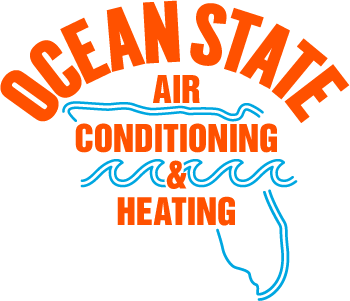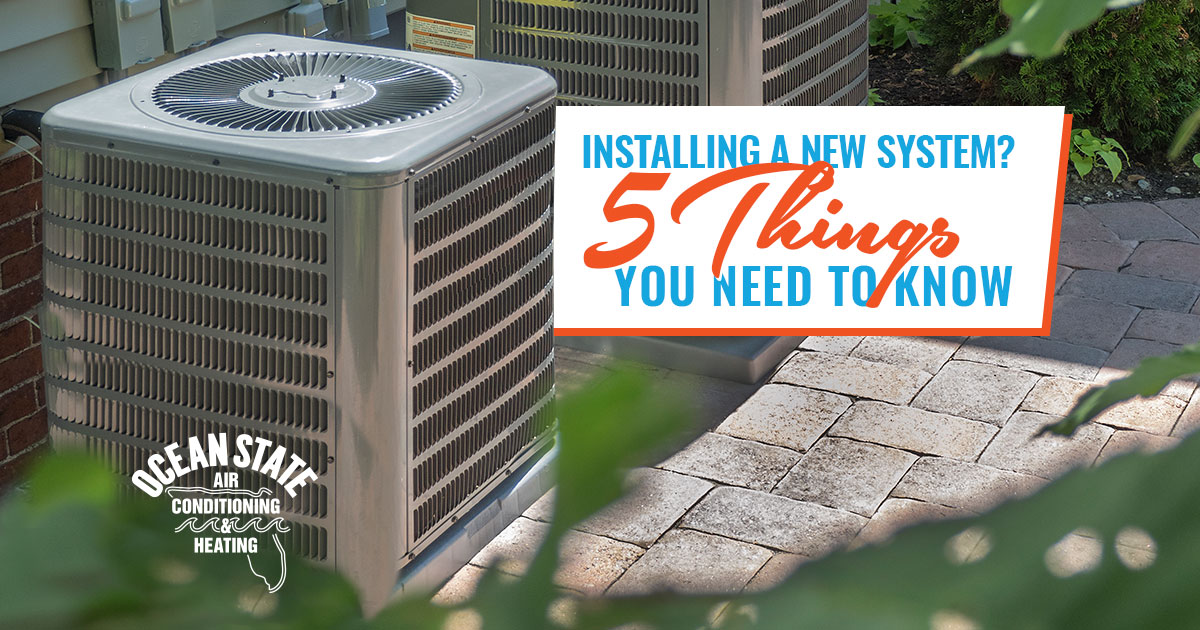Installing a new air conditioner is unfortunately sometimes necessary when you live in Florida. In a climate where extreme heat and humidity can cause discomfort and even impact the health of you and your family, there are many reasons to replace your air conditioner. Here are five things you need to know to help you get started at the right time, with the right installation company, and with the right questions to ask so that the process is a breeze.
Know the signs of when you need to replace your air conditioner
It can be tough to know the difference between when your air conditioner should be replaced and when it simply needs repairs. If your air conditioner is still cooling effectively and is fewer than 10 years old, adjusting your unit’s maintenance plan would be a good first step. But if it’s giving off unpleasant odors, making irregular sounds, and undergoing increasingly costly repairs, you might need to install a new air conditioner.
Always work with a licensed professional
Hiring a licensed HVAC company to complete your air conditioning installation can feel like an unnecessary expense. But it’s well worth it to know they’re experienced, up-to-date on all their certifications, passed a drug test, and undergone a thorough background check—requirements for every Ocean State Air Conditioning & Heating contractor. The same cannot be said for every do-it-yourself contractor.
Ocean State Air Conditioning & Heating can help you select a system that’s the right size for your home, maximizing your cooling efficiency and reducing your environmental impact. And with high-efficiency system rebates up to $1,200 through the end of September, it’s more affordable than ever to go with a professional.
Decide on essential features for your air conditioner
With so many air conditioners on the market, it can seem like there are countless features your new unit could have. Determine what’s important to you and then ask your licensed HVAC company if they have any options that align with your decision. Energy-saving modes can help reduce energy consumption and lower your summer utility bills, and convenience features like timers, sleep modes, and programmable thermostats can keep you comfortable while reducing costs.
Measure the size of your home
The square footage of your home or the room that needs to be cooled is an important factor in deciding the size and type of your air conditioning unit. If the air conditioner is too big, it will switch on and off frequently and become less energy efficient. If the unit is too small, it will compensate by running too much which causes wear and tear on the unit.
A central air conditioning unit is useful when you have a large home and want to cool several rooms at once. A ductless system is more efficient, doesn’t need a lot of ductwork in your home, and can cool a portion of your home. And a window air conditioner unit would be suitable if you’re looking to cool a single room or a small area within your home.
Learn how SEER ratings impact energy efficiency
It’s important to understand SEER ratings and what they mean for your air conditioner’s performance and energy efficiency. SEER stands for Seasonal Energy Efficiency Ratio and it’s the maximum level of efficiency for your unit. Think of it like a car’s maximum miles per gallon—your vehicle won’t always drive that efficiently, but the SEER tells you how energy efficient your unit can be. A good SEER depends on several different factors, including where you live and the size of your home. Talk with a licensed technician about SEER ratings and what types of units would be best for the size of your home.
Trying to decide whether your air conditioner needs repairs or replacing? Don’t do it alone. Ocean State Air Conditioning & Heating is here to help make sure you get an air conditioner that is right for your budget, installed properly, and running smoothly for maximum efficiency. Contact us today to learn more and schedule an appointment with one of our licensed technicians.

